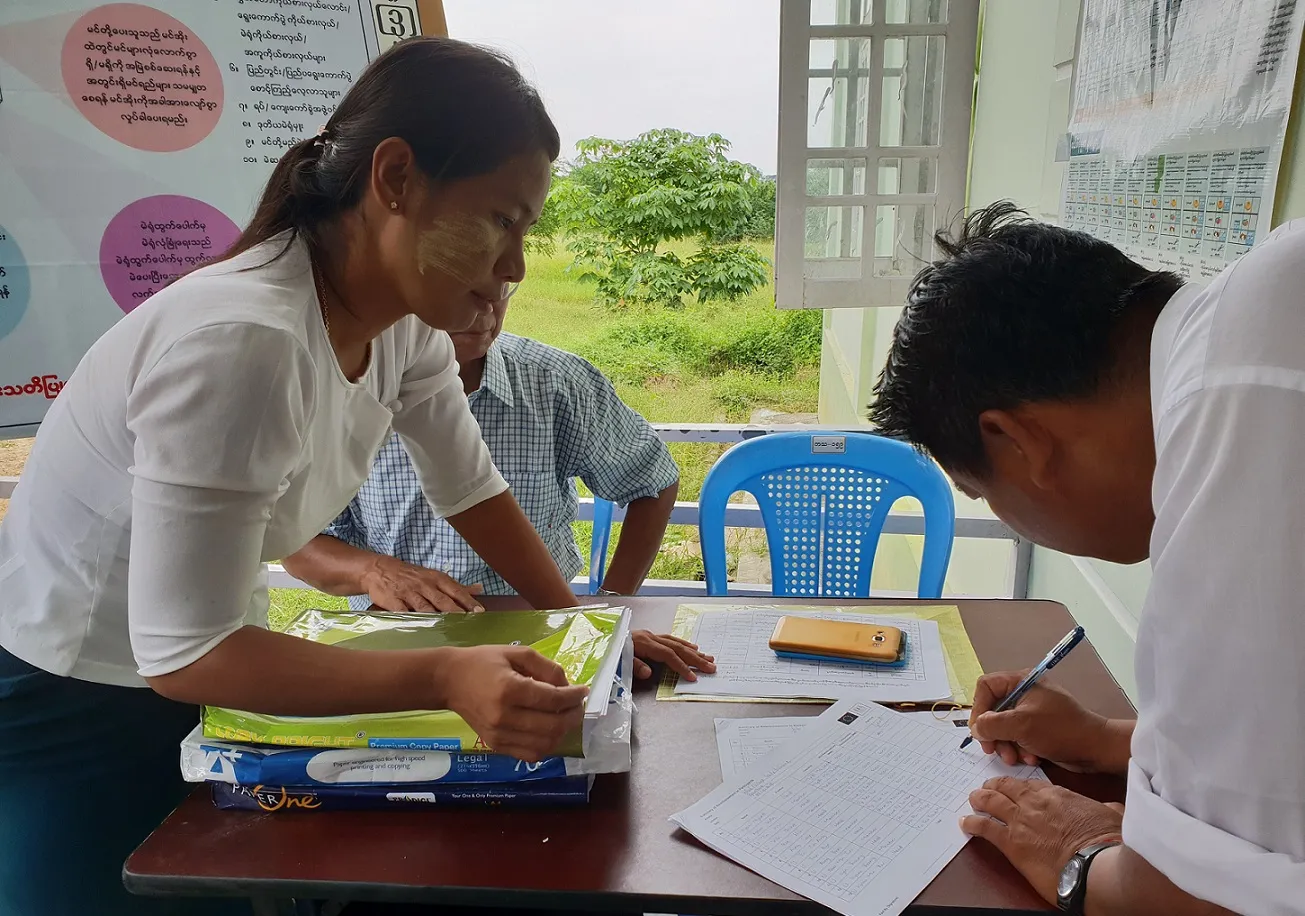
The weeks leading up to a major election are a frenzy of campaigning, speeches, and outreach events. Almost immediately after election day, however, the frenzy dissipates, and people forget about the results and carry on with their lives until the next round of campaigning begins. But elections do not end until all complaints are adjudicated and electoral disputes are settled, especially if those disputes could affect the outcome of the election or the overall assessment of the electoral process.
This applies also to Myanmar’s by-elections, held on 3 November 2018 to fill 12 vacant seats in the upper and lower houses of the Union Parliament and state level legislatures. These highly competitive elections were spread over nine states and regions (Kachin, Shan, Chin, Sagaing, Bago, Rakhine, Magway, Yangon, and Mandalay).
Against all forecasts, the average turnout in these by-elections was about 6 per cent higher than in the 2017 by-elections (42 per cent in 2018). Achieving this level of turnout at a by-election was a big success, even more so as the outcomes of this year’s by-elections could not have changed the balance of power within any of the parliaments.
An overlooked achievement of the 2018 by-elections was the continued decrease in invalid ballots. From the general elections in 2015 with 5.3 per cent invalid votes, the number decreased in the 2017 by-elections to 4.3 per cent and dropped even further in 2018 to 2.3 per cent. International IDEA directly addressed the issue of invalid ballots through its support to the Union Election Commission (UEC), where it has been embedded since 2015. In the lead up to 2018 elections International IDEA assisted the training of more than 4,200 sub-commission and 13,000 poll workers for election day and to smoothly run the polling stations. The Asian Network for Free Elections (ANFREL) and two domestic observation groups released in-depth reports covering the by-election, noting that they were peaceful and credible with no significant incidents that could have negatively impacted the results.
A fair and peaceful election is something to celebrate, however to close the entire 2018 by-election process, electoral complaints have to be adjudicated. An emerging issue in Myanmar elections is the length of time taken in the adjudication process, especially when the rulings can affect who wins a seat. The legal framework establishes a deadline of 45 days after the announcement of results for filing a complaint but no deadline for delivering a verdict on these rulings. This means the process can be drawn out indefinitely, stalling important government functions as candidates and their constituents await final results. During hearings for the two complaints received in the initial 45 day period, the UEC panel held over 15 sessions to review evidence to ensure an informed verdict in both complaint cases. Although only two complaints were filed, sessions ran from January through to 13 June 2019. Ultimately, the UEC ruled in one case for the defendant and in the other for the complainant, but in both cases for the NLD candidates. Therefore, one of the candidates lost his seat after the losing NLD candidate accused the winning USDP candidate of several violations including illegal donations to influence voters and violations of campaign procedures. UEC rulings in this process are final, with no Supreme Court appeal process. Any appeals would filter back through the UEC to be judged by the same body. This in turn could potentially raise questions of bias.
The 2018 by-elections were a technical success that saw improvements in the elections process, however there are concerns that a closely fought 2020 election may lead to many cases to adjudicate drawn out over an extended period of time. Through working groups with the UEC, International IDEA aims to improve various aspects of the electoral process. During the by-elections both complaints hinged on campaign finance, one of the issues the working groups are focusing on in the lead up to the 2020 general elections. Reforming campaign finance and other electoral procedures could streamline the elections process and potentially lower the incidence of disputes.



